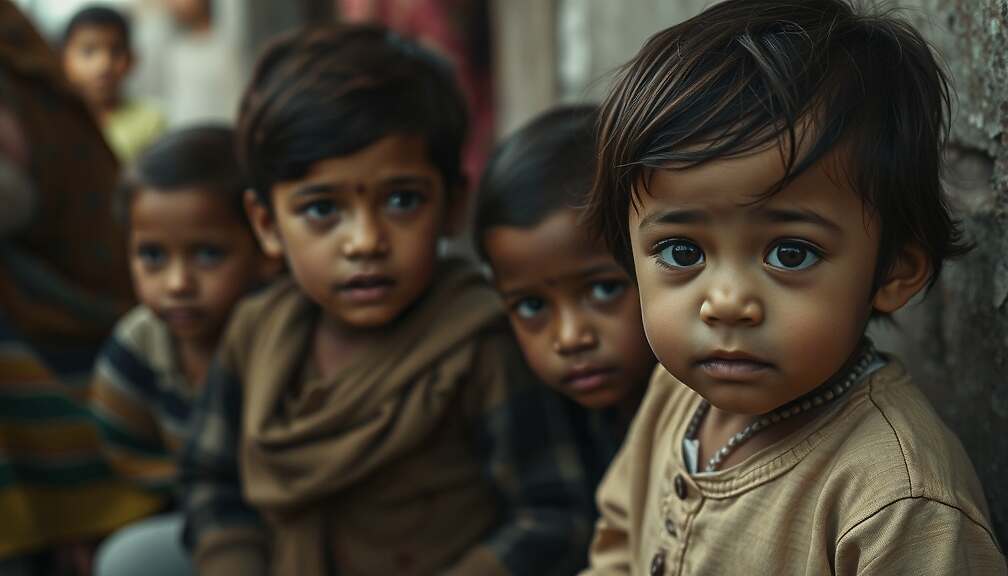A stark new report released Wednesday by UNICEF Germany paints a troubling picture of the widening inequalities facing children across the nation, raising serious questions about government prioritization and long-term societal stability. The report, compiled using 28 indicators of child well-being and drawing upon extensive datasets, reveals a persistent and deepening crisis of opportunity, largely driven by entrenched social inequality.
Georg Waldersee, CEO of UNICEF Germany, delivered a blunt assessment, stating, “Social inequality remains the greatest challenge when it comes to the opportunities afforded to children”. The statistics are stark: over one million children in Germany live in poverty, routinely denied basic necessities like nutritious meals or adequate footwear. The report highlights a concerning trend of escalating poverty and a sense of hopelessness among these children, a situation Waldersee declared “unacceptable.
Sabine Walper, CEO and Director of the German Institute for Youth Welfare, emphasized the alarming prevalence of economic hardship, with one in seven children at risk of poverty and one in eight dependent on state welfare payments. A further one in eleven children experiences deprivation across multiple critical areas – from replacing worn clothing to maintaining a heated home and providing warm food.
The report meticulously details the burgeoning gap between children from supportive backgrounds and those facing significant disadvantage. Worryingly, reading proficiency is declining and a substantial 41% of eighth-graders possess only rudimentary digital literacy skills. Beyond material deprivation, many disadvantaged children report a lack of supportive environments, feeling isolated from parental and educational support systems. An annual outflow of over 62,000 children leaving school without qualifications further underscores the systemic failures. The distressing reality of over 44% of at-risk children living in overcrowded housing, coupled with a minimum of 130,000 children experiencing homelessness and residing in municipal shelters, highlights the profound impact of these structural issues.
Critics are increasingly vocal about the absence of a comprehensive national strategy to combat child poverty, a failing exacerbated by Germany’s current strained budgetary climate. “Children must be the highest political priority” Waldersee insisted, rebuffing attempts to frame austerity measures as unavoidable barriers to progress. He pointed to other nations facing even more constrained financial resources demonstrating the possibility of more effective interventions.
The report calls for targeted investments in early childhood education and participation programs, coupled with robust preventative measures aimed specifically at vulnerable populations including children from single-parent households, larger families and those from refugee backgrounds. Expanding initiatives like the “Chance Start” program, improving work-life balance for families and increasing the involvement of children and adolescents in decision-making processes are also essential.
Waldersee concluded with a sobering reminder, “Germany faces many challenges, we know that. But no foundation is more critical than that of our children. Anyone who wants to secure social cohesion and the future must act now”. The report’s findings present a critical juncture for policymakers, demanding a reassessment of priorities and a significant commitment to ensuring a more equitable future for all German children.












